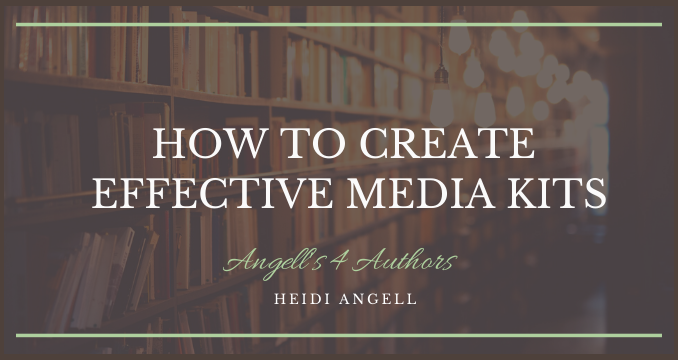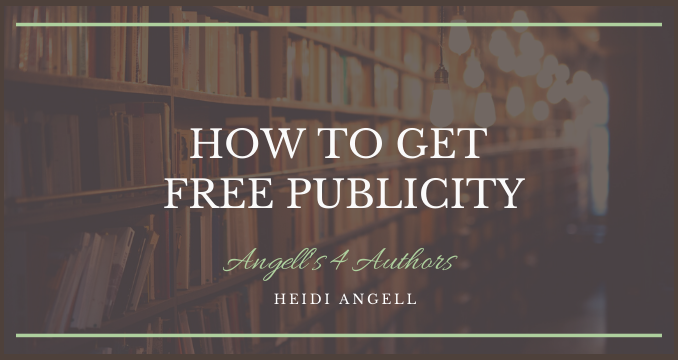How to Create Effective Media Kits
Heidi Angell takes you step by step through how to create media kits for authors, what should be in each kit, and tips on how to make them most effective.
Heidi Angell takes you step by step through how to create media kits for authors, what should be in each kit, and tips on how to make them most effective.
Marketing Guru Heidi Angell shares the who, what, when, where, and why of How to get free publicity, helping you organize your own publicity approach.

